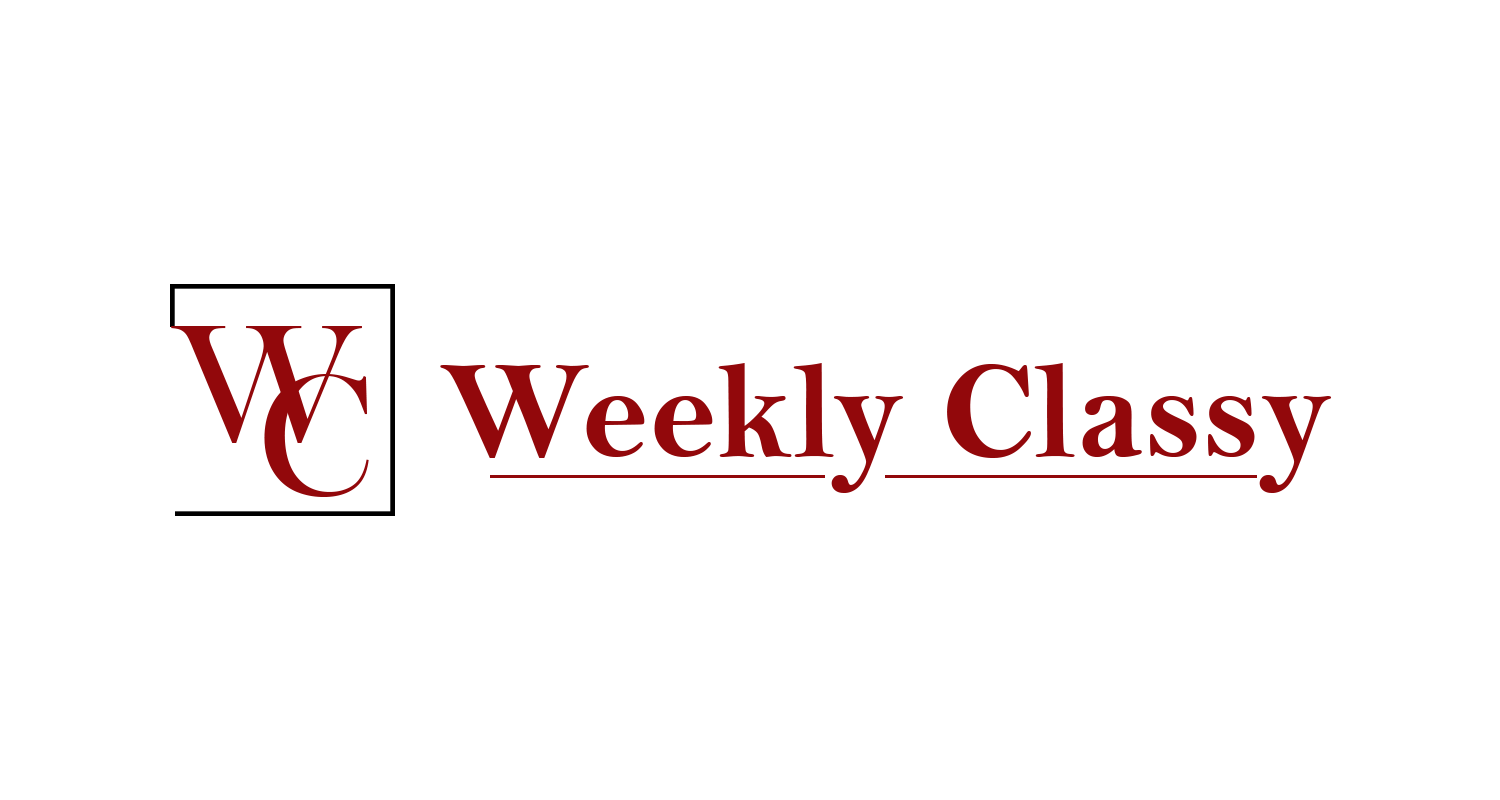The requirement to remove poverty with enhanced literacy
One of the central goals defined by the Federal government of Mozambique in its long-term growth strategy is “destitution reduction via labour-intensive financial growth”. The highest top priority is assigned to minimize poverty in rural areas, where 90 percent of poor Mozambicans live, and likewise in metropolitan zones. The Government recognizes additionally that, for this development approach on poverty eradication to succeed, expansion and also enhancement in the education system are seriously crucial elements in both lasting and short-term viewpoints.
In the long-term, global accessibility to education of acceptable high quality is essential for the growth
of Mozambique ´ s human resources, and the financial growth will depend to a significant expand on the education and also training of the work pressure. It is extremely essential to establish a critical mass of well trained and extremely certified labor force which subsequently will improve the general proficiency, intellectual growth, training capability and also technical abilities in various locations of the country’s economic and also commercial growth.
In the short-term, raised accessibility and also improved high quality in fundamental education are effective systems for wealth redistribution as well as the promo of social equity. This plan follows the stipulations of the brand-new Constitution of Mozambique embraced on 16 November 2004, in its write-ups 113 as well as 114 which deal respectively with education and also higher education. Around the year 1990, the Government of Mozambique made a decision to change its social, financial and political positioning system from the centrally-planned system acquired from the communist era and took on a western-style of free enterprise system. At the very same time, it was likewise chosen to adopt essential adjustments in the education programmes. Given that radical adjustments and variety results were arising from the adoption of the brand-new economic and also political orientation, it was needed to give new standards as well as policies regulating the management of organizations of higher education.
The struggle proceeds: “a luta continua”
The financial and political adjustments were gradually presented with success with legislative and regulative reforms. Nevertheless, it has not been very easy to uniformly transform regulations of social and cultural behavior. Specifically, prone younger generations are one of the most affected by the quick changes in culture, while the reference design as well as worths they anticipate from elder individuals in the modern Mozambican society appear to be changing very quickly. As well as in some instances, there seem to be no model whatsoever. The new wave of financial liberalism in Mozambique, better specified by the prominent concept of “deixa andar”, actually meaning “laisser-faire”, was erroneously taken on as the assisting concept in the locations of social, social as well as education growth.
The “laisser-faire” concept is better recognized by economic experts as well as business owners in a system of open market and also complimentary entrepreneurship, under which the Federal government’s treatment is reduced to working out minimum regulatory agency. The recent significant economic development recognized by the Government of Mozambique (10% of successive development index over four years) is connected generally to this free enterprise plan. This principle should be thoroughly differentiated from “laisser-aller” which, in French language, rather indicates lack of technique in scholastic, financial, social as well as cultural environments.
Reforming higher education establishments represents a real obstacle, both at the institutional and also pedagogic levels, not only in Mozambique, yet in other places as well as specifically in African nations confronted with the issue of “acculturation”. The young people seeking knowledge opportunities in national colleges, polytechnics as well as higher institutes, where students are in some way left on their own, having no longer any need to be under long-term guidance of their parents or instructors, are dizzy. Given that reforms in college establishments take longer than in any other institutional setting, it is necessary certainly to take on adequate transitional steps to reply to immediate need of the young generations.
This essay reviews current fads as well as the current historic background of higher education institutions of Mozambique. It argues against the fostering of the classic model of higher education from European and other western systems. In its final evaluation, it locates that there is requirement to include ethical as well as deontology (social, social and also moral education) components as concern markets within the curriculum in college organizations, with a view to infuse in the pupils and lecturers favorable African values in general, and also in particular, nationwide Mozambican versions. It is declining the neo-liberal reasoning, which proposes that pupils in higher education organizations need to be enabled to enjoy endless academic, social and also intellectual unchecked independence, in consistency with western classic education and also cultural alignment. It supports for essential reasoning and brainstorming on key problems in the direction of the advancement of positive cultural and ethical designs in higher education institutions which can be made use of to advertise knowledge development and also poverty obliteration in the nation’s backwoods and city areas influenced by joblessness, pandemics and also financial precariousness.



